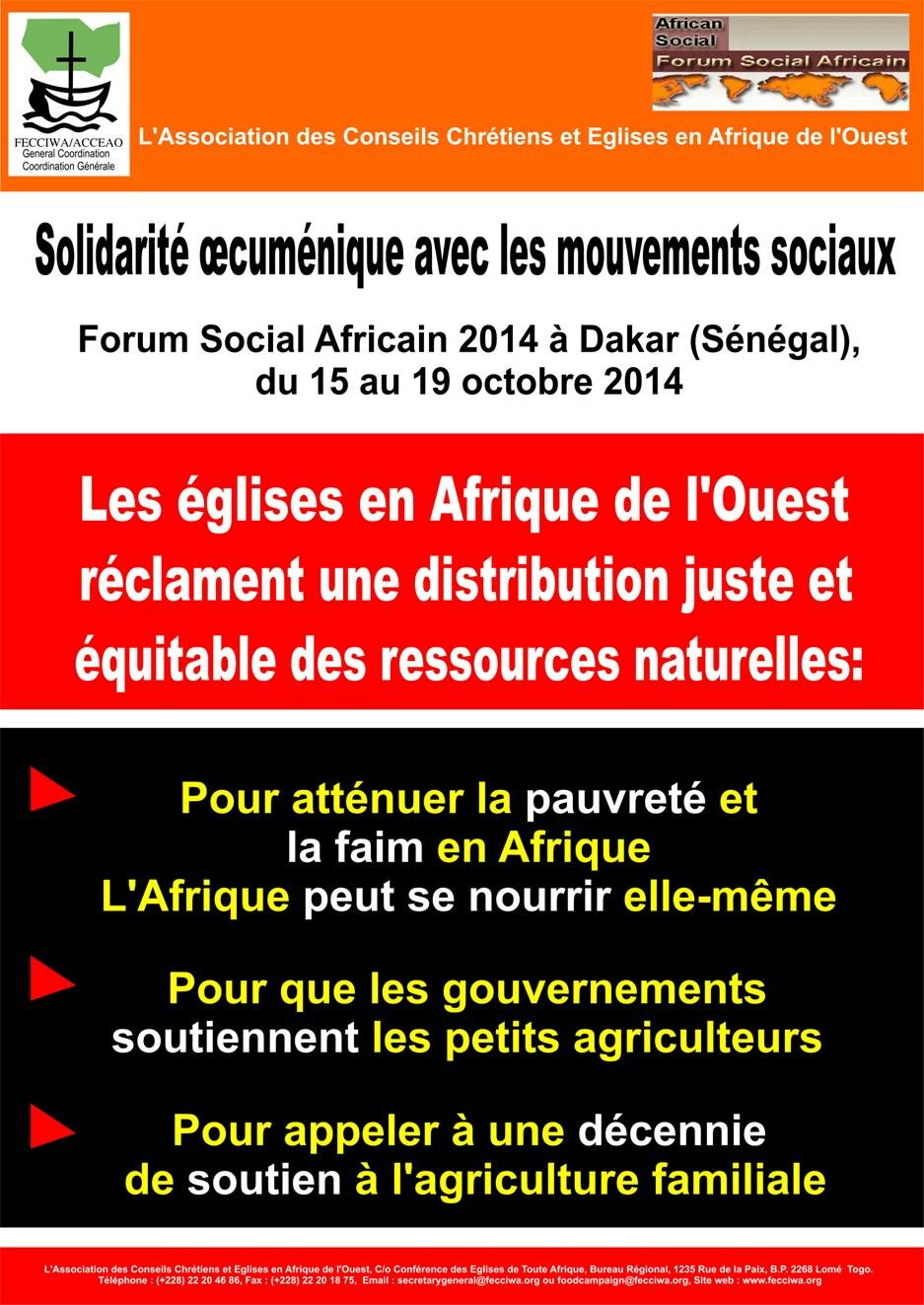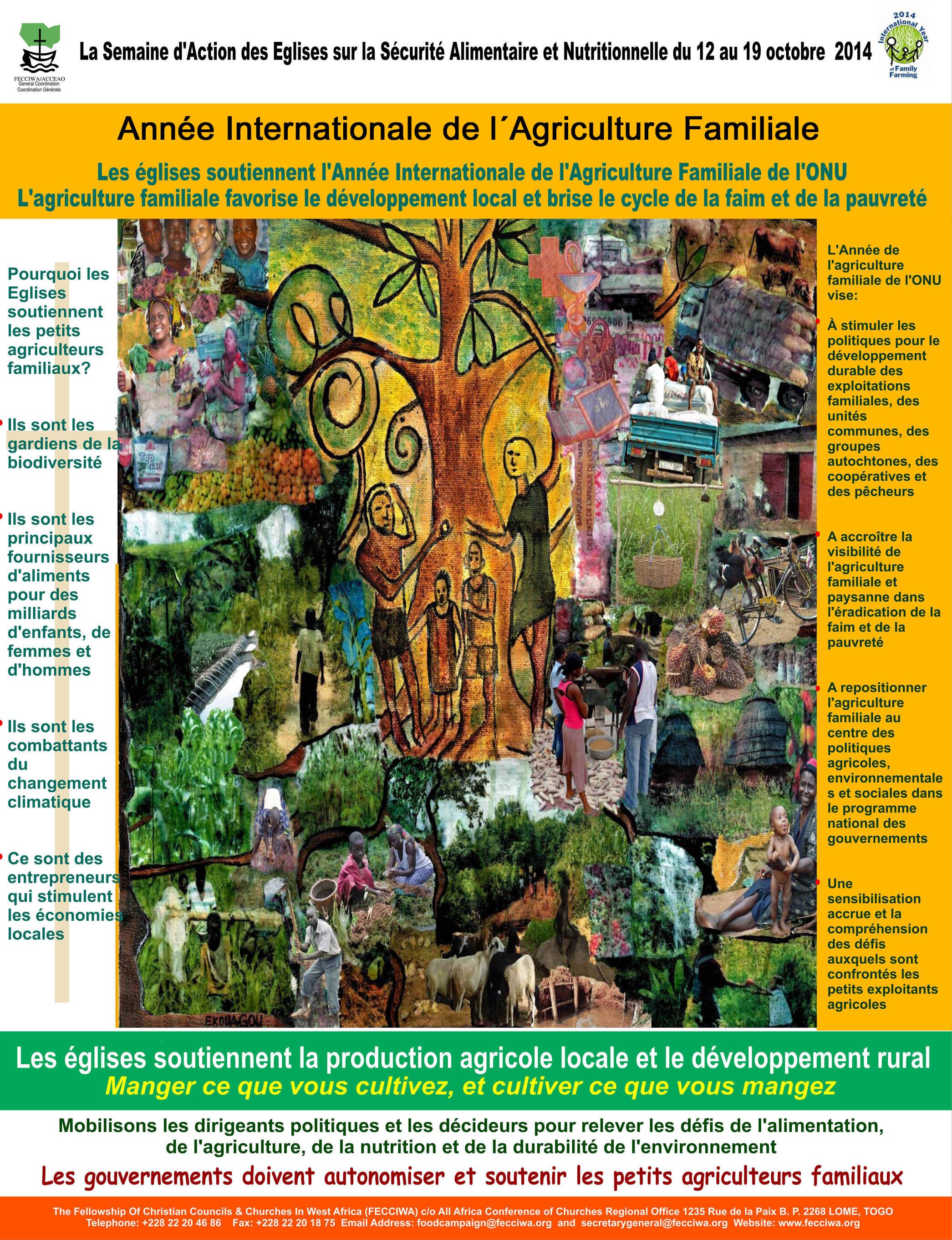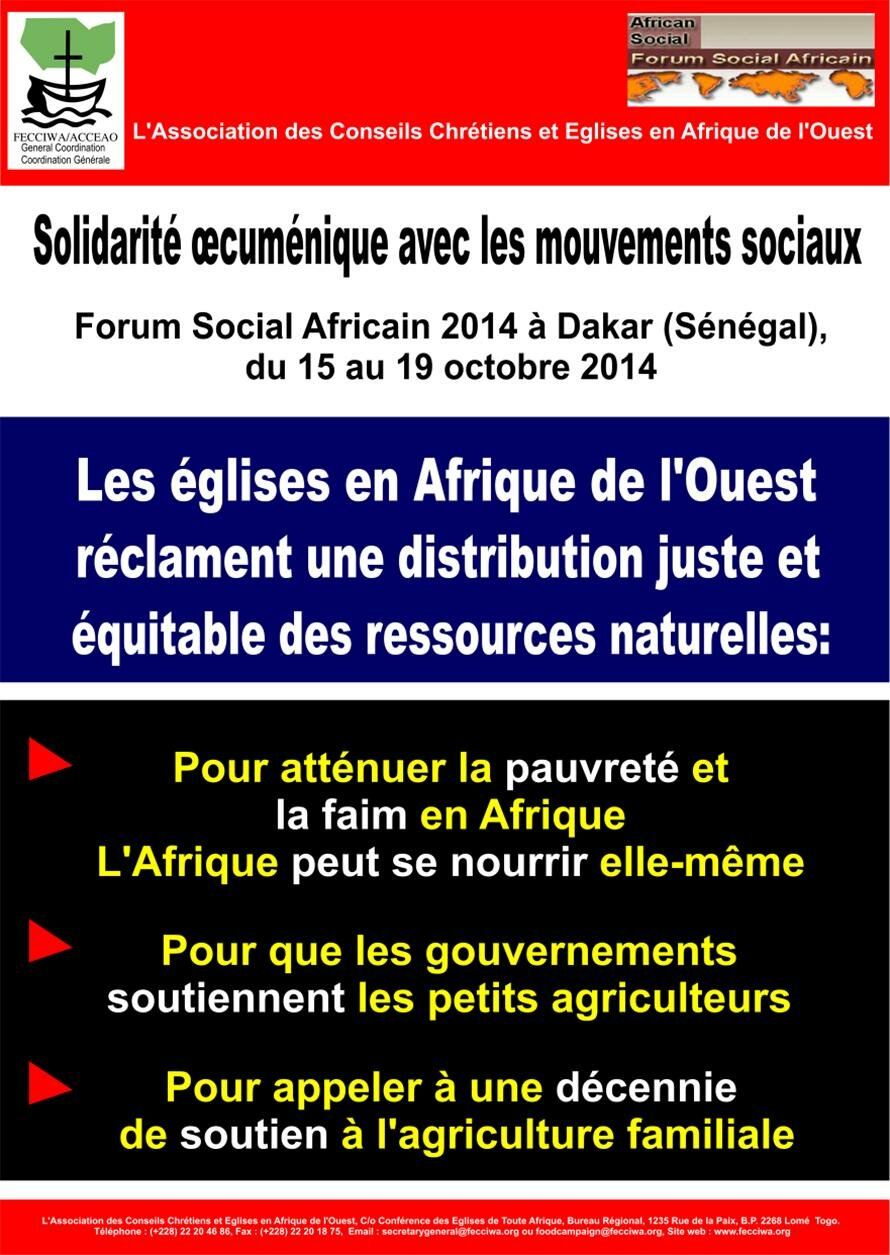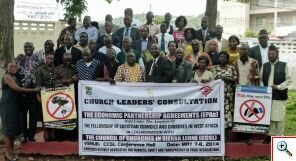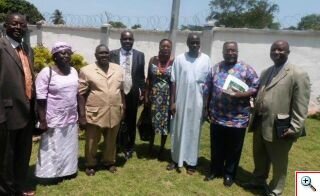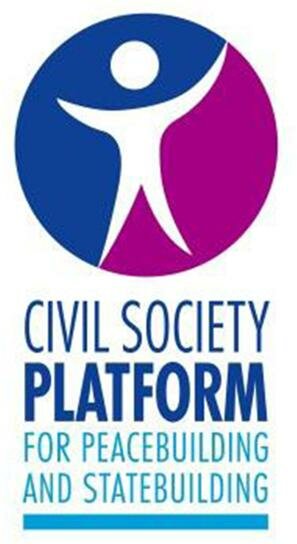ECOWAS/EU Economic Partnership Agreement
Churches In Sierra Leone Express Huge Disappointment At Government Failure To Uphold The Principles Of Inclusiveness In National Level Consultation On The ECOWAS – EU EPA
Addressing dozens of senior church leaders and members of the media at a press conference in Freetown at the end of a one – day church leaders’ consultative meeting on the Economic Partnership Agreements (EPAs), the President of the Council of Churches in Sierra Leone, Rev. Chief Gbokowai D. M. Speck and President of the West African Methodist Church in Sierra Leone,
declared the Sierra Leonean government failure to uphold the guiding principles of citizens’ participation in the ongoing trade negotiations between the ECOWAS Commission and European Union as a huge disappointment.
Pointing further at the April 25, 2014 Private – Public Sector awareness raising seminar on the Economic Partnership Agreement held at the Njala Venue along Beach Road in the West end of Freetown without the full participation of religious leaders, NGOs and many CSOs was seen as a mere failure of the Sierra Leonean government to uphold the tenants of good governance and democratic values.At the press conference held in the Conference hall of the Council of Churches in Sierra Leone (CCSL), Rev. Chief Speck expressed Churches concerns over the European Union unilateral, arbitrary and for West African States to sign the Economic Partnership Agreement by October 1st, 2014. According to Rev. Chief D M Speck, “this threat puts an undue pressure on the whole region including Sierra Leone to sign an agreement veiled in secrecy”.
He further condemned the threat, which he said undermines the spirit of true partnership and classified it as a tendency that contravenes the framework of the Cotonou Partnership Agreement (CPA). He said that “under the CPA, both parties agreed to conclude new World Trade Organization (WTO) compatible trading arrangement; remove progressively barriers to trade between them and enhance cooperation in all areas relevant to CPA with due regard for their political choices and development priorities”. Rev. Chief D M Speck frowned on the hasty conclusion of the trade agreement by the ECOWAS Commission without people’s participation, which is contrary to the underpinning principles of the ECOWAS Commission. He called for people’s participation in economic and social development which is cardinal to sustainable development and contributes to poverty eradication.
The Prelate called on the Sierra Leonean government not to endorse an agreement which allows 75 percent of goods from Europe to enter West African markets duty – free quota free. According to him, such agreement will expose West African countries to dangers in safeguarding infant industries and sensitive manufacturing products. He argued that the sub - region will stay disadvantaged for not being able to protect and build its own domestic industry for raw-materials processing.

It can be recalled that during the Consultative Meeting which brought together over 65 religious leaders, NGOs and Civil Society participants under the auspices of the Fellowship of Christian Councils and Churches in West Africa, and in close collaboration with the Council of Churches in Sierra Leone. The participants gauged the impact of the agreement which will result into massive tariff revenue lose. They were categorically concerned on the loss of tax revenues which will impact on state budgets resulting into economic instability, unemployment and abject poverty. And further leads to the reversal of some of the economic and development gains ECOWAS Countries have made over the years through of revenue generated from import duties, as well as corporate and excise taxes, and personal income taxes earned by employees of our industries. Participants recognized that the agreement will influence dumping practices of cheap goods on the domestic markets, exacerbate unequal and discriminatory outcomes between the EU and Africa which will impact negatively on local communities. They questioned the rationale behind the Most Favored Nation Clause (MFN) which is believed to hinder ECOWAS to build South – South Partnerships, and eventually undermines the regional integration efforts made since 1975, and further hampers ECOWAS countries in the future to conclude preferential trade agreements with emerging economies such as South Africa, Brazil, China or India.

Speaking at the opening of the consultative meeting, the Rev. Dr. Tolbert Thomas Jallah, Jr. Secretary – General of the Fellowship of Christian Councils and Churches in West Africa said that he sees the EPA as a “process to marginalize Africa’s economic growth and to maintain and strengthen Europe access to extract natural resources and thus undermining local revenues bases on the continent”. He said that the EPA will “create unstable economic system and reinforce impoverishment and dependency syndromes persisting since centuries. It will seal in the eternal resources curse on our economies, and therefore hamper the establishment of processing industries for African materials. West African will lose their markets, resulting into exploitation, unemployment and underemployment of our people. Small scale farmers and workers of the region will suffer the price regimes dominated by the industrialized nations”.
Dr. Jallah further called on NGOs, Civil Society and Faith leaders not to allow Africa to be the continent where millions of people are starving in abject poverty in the midst of abundance natural resources. He appealed for the protection of natural resources, using them wisely for the improvement of communities and for peoples; and not allow Africa to be exploited by foreign agents. He reminded participants to learn lessons that “the empty holes in the ground dug by former investors remind of what we Africans need to do to protect ourselves and advance our own cause”.
The church leaders at the consultation called for fairness, equity and transparency in the negotiations through national level consultations for impact assessment on the regional Economic Partnership Agreement (EPA) between the Economic Community of West African States (ECOWAS) and the European Union (EU). They commended the two month moratorium put on the signing of the EPA through the Nigerian delegation during the ECOWAS Heads of States and Government Summit held in Yamoussoukro in late March 2014 as an important step in resolving the contentious issues such as (the weak safeguards measures, standstill clause, quantitative restriction, etc). The church leaders therefore gave their unflinching support to the decision of the African Trade Ministers Extra –ordinary Session of the Conference of African Union held in Addis Ababa, Ethiopia on the 30th April, kicking against the signing of the EPA based on its negative impact on the continent’s efforts towards industrialization and job creation.
At the close of the consultation, church leaders met with the Minister of Trade and Industry, Alhaji Usman Bolie Kamara and expressed the churches concerns over the signing of the EPA. The president of the Council of Churches in Sierra Leone reminded the minister to ensure that agreements that are signed should be in the supreme interest of the people of Sierra Leone.
| < Prev | Next > |
|---|
